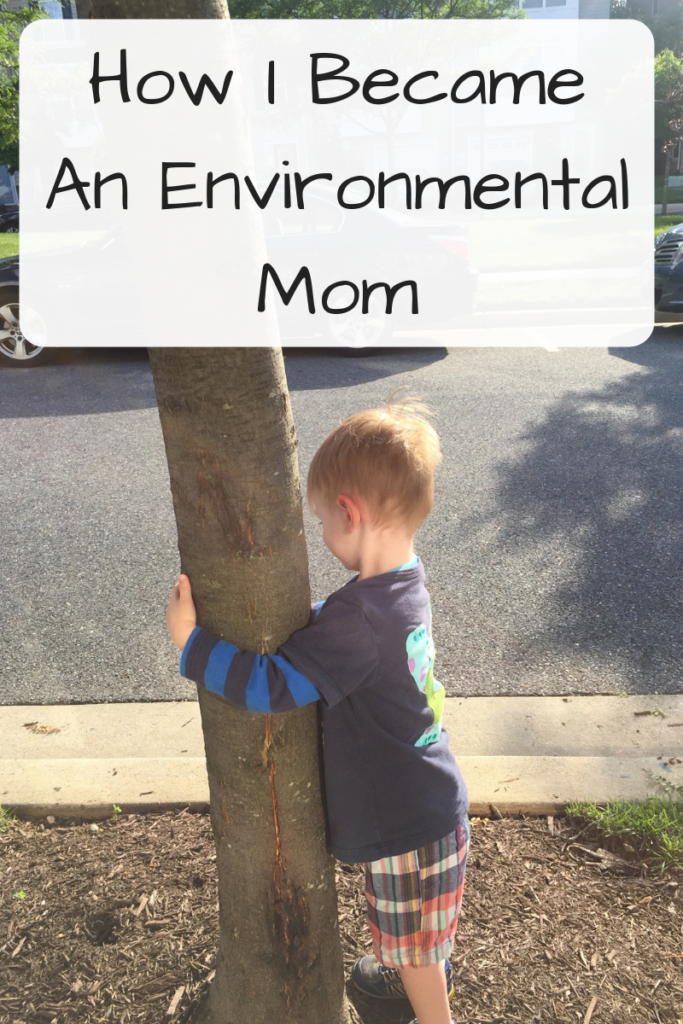
Shovel in hand, I scooped up clod after clod of dirt from our yard. My four-year-old self placed each scoop-full in a pile, leaving a hole in front of me. Each time, some fell on my pink sweatpants, but I just focused on my task. In the sandy soil, I encountered worms, pill-bugs, grubs. I looked at them and shrugged, placing them to the side. The word sustainability wasn’t in the parlance then. I didn’t know or care why it’s good for kids to play outdoors. I just knew that I felt like I was doing something powerful, even if it was only powerful to me.
Sticking little pom-poms together, I burned my fingers as the hot glue seeped through. “Ow!” I yelled, then peeled the glue off my fingers and went back to my work. I was eleven years old and making little animals, like panda bears and caterpillars. After gluing them together, I’d make them into pins and magnets. Having learned the concept of an “endangered species” the year before, I was determined to do my part. So I was making crafts to sell at my lawn-front “store” Planet in Peril. I decided would donate my proceeds to environmental organizations. Even though my mom was the only person to buy one, I felt like I had done something powerful for a cause I believed in.
Listening to Joni Mitchell on the teacher’s stereo, I stood in my high school cafeteria’s kitchen, my hands wrinkled from water. I was at the weekly meeting of my high school environmental club. While seemingly high-minded, we were mainly responsible for rinsing cans and bottles to go to recycling. Every Tuesday afternoon, we met in the kitchen ready to get our hands dirty and avoid getting cut by sharp-edged cans. As they moved from clean to dirty, we laughed and told stories together. I’m still in touch with some of my friends from there today. For the first time, I saw that the act of us working together was at least as powerful as our specific actions.
Pushing down one bike pedal at a time, I inched my way up one of the steepest hills I’ve ever seen. My body was tired, but still relatively young and well-trained after putting hundreds of miles of training in. On the road, little notes written in chalk urged me on: “Great job!” “You’re almost there!” From the side, people cheered me on, fellow bicyclists who had flat tires or just stopped to take a rest. Riding from New York to Washington D.C. to raise money for climate change was so much harder than I expected. But the encouragement from others kept me going. Their support was so much more powerful than my will alone could possibly be.
Scribbling down ideas for a gardening workshop with two other volunteers, I went on and on about what we should teach these city kids about herbs. One of my fellow volunteers stopped me. “You have to trust these kids, Shannon. Don’t talk down to them,” Zachari said. (They now own Good Sense Farm – go check it out!) “A lot of them have already done gardening in school before.” I paused, then launched into an explanation of my thought process. The other two volunteers rolled their eyes at my cluelessness and steam-rolling. But later on, I realized the power of Zachari’s words. Kids do know a lot – about gardening and life. And I was making a lot of bad assumptions about them just because they lived in an urban area. Their words have remained with me as I’ve continued educational work and raised my own kids. Even though it sailed past me at the time, Zachari calling me out was more powerful than I’m sure they ever realized.
Marching down Pennsylvania Avenue in Washington D.C., I really had to pee. The January weather and the fact that I was five months pregnant did not help the situation. But I kept walking. Because on one side was my husband, willing to come out with me in dreary February weather to walk. Somewhere nearby was a friend who organizes community gardens and solar projects. In front of me were Native Americans from North and South Dakota who were fighting the Keystone XL pipeline and had been fighting for their land for centuries. Behind me were teens from New Jersey affected by Hurricane Sandy chanting slogans. All around me were people passionate about a more just, more sustainable future. By ourselves, we were individuals. Together, we were a powerful voice for change.
Shovel in hand, I dig into the dirt to up-root a particularly stubborn weed. “Why don’t you come weed?” I call to my two year old. “Weed!” he exclaims, walking over. “Just grab some and pull,” I say, as I demonstrate with a hand-full of plants. He grabs, yanks, and pulls them out. “I weed!” he says. “Yes, you did! Thank you! We all need to work together.” I smile and offer him a high-five. He smacks my big hand with his little one, a gesture made powerful not by strength but passing on experience from parent to child.
All of my experiences, coming together in the dirt and the earth. All of the people I worked with, felt encouraged by, and encouraged back come out in my hands and my voice as I speak to my children. All of my efforts to build a better world made powerful in love.
To connect with other parents who want to teach their kids to love environmental sustainability, join the Green and Sustainable Parenting Facebook group!